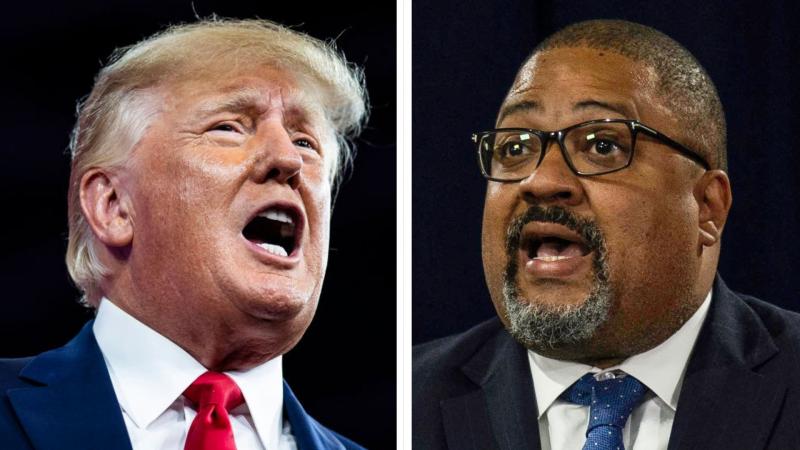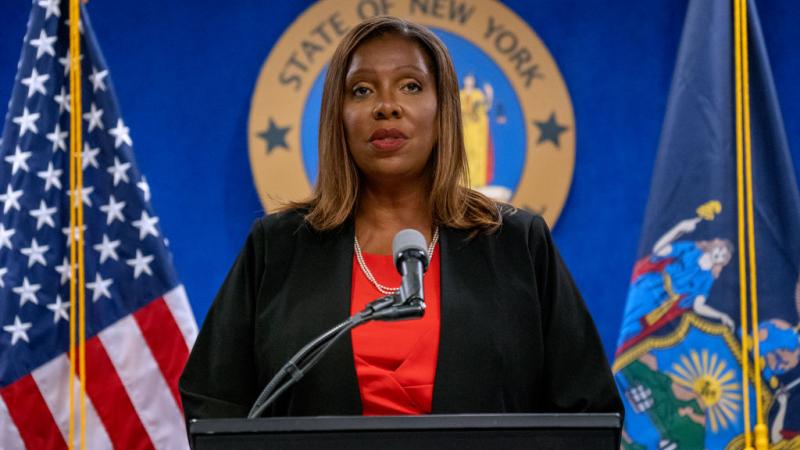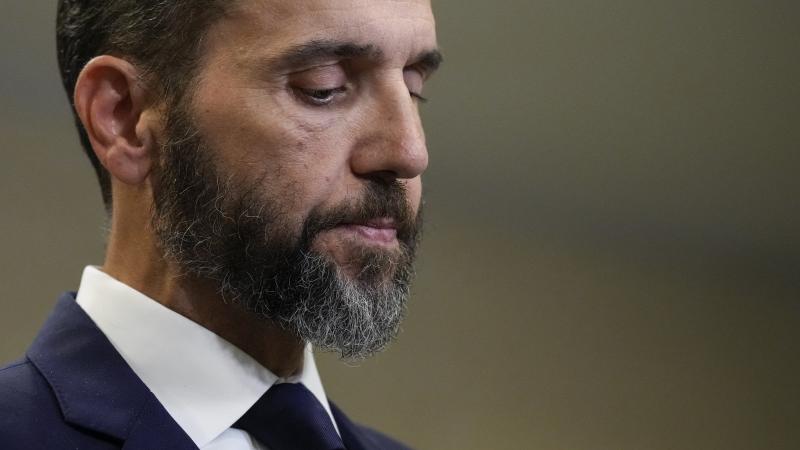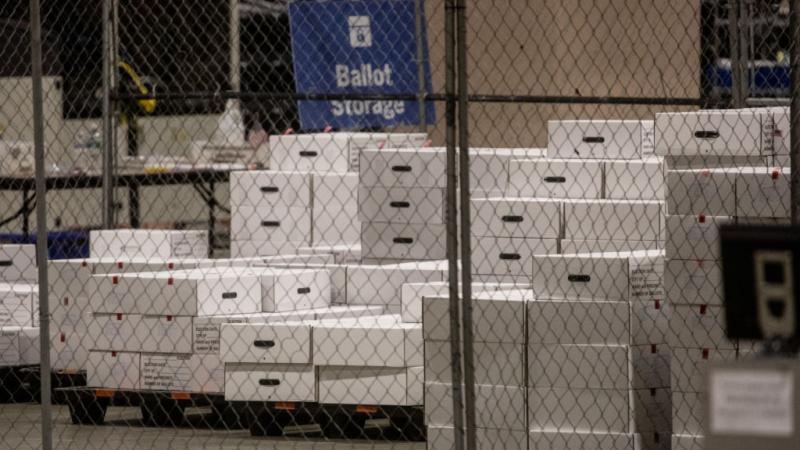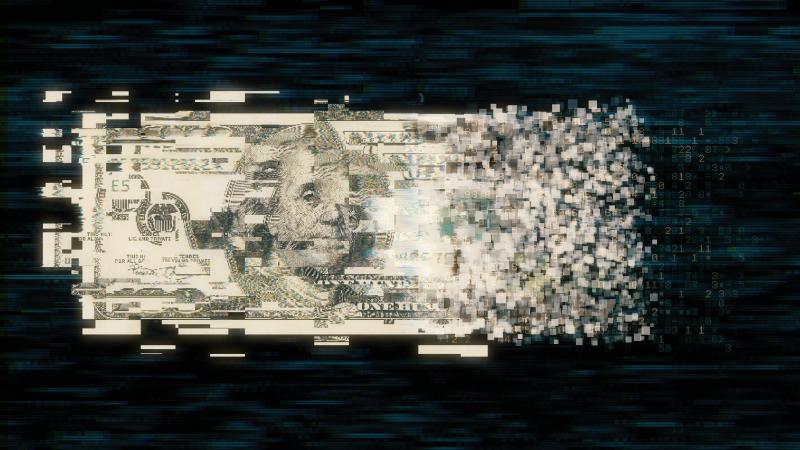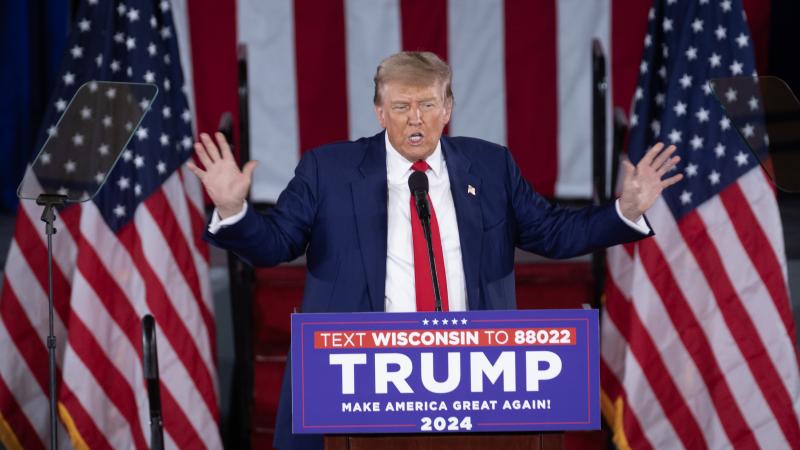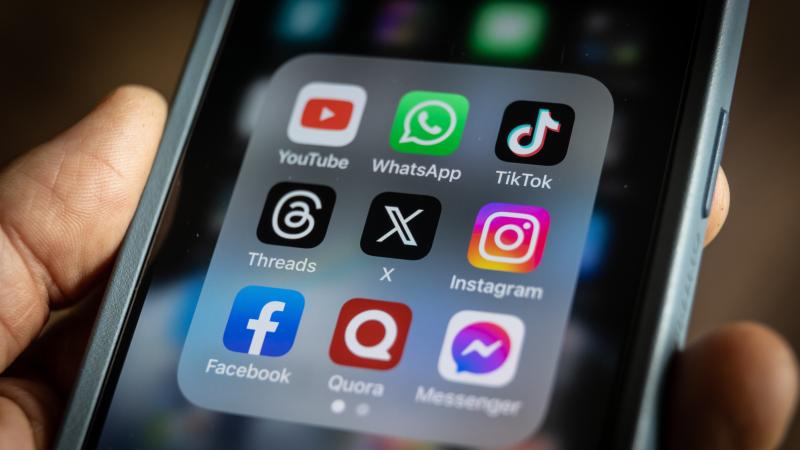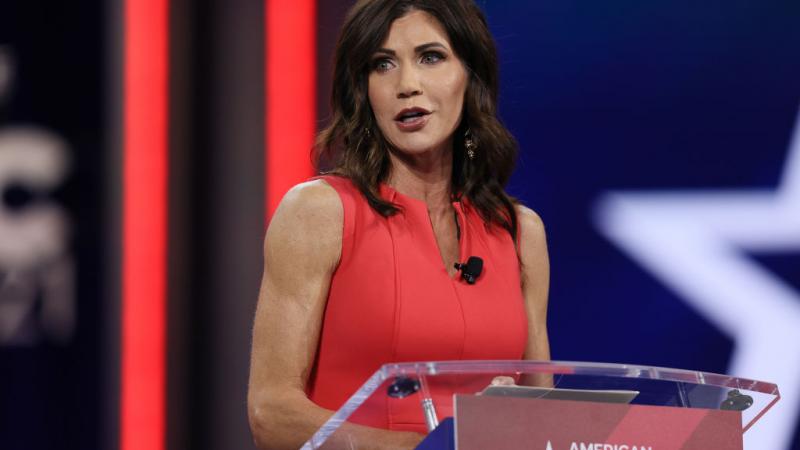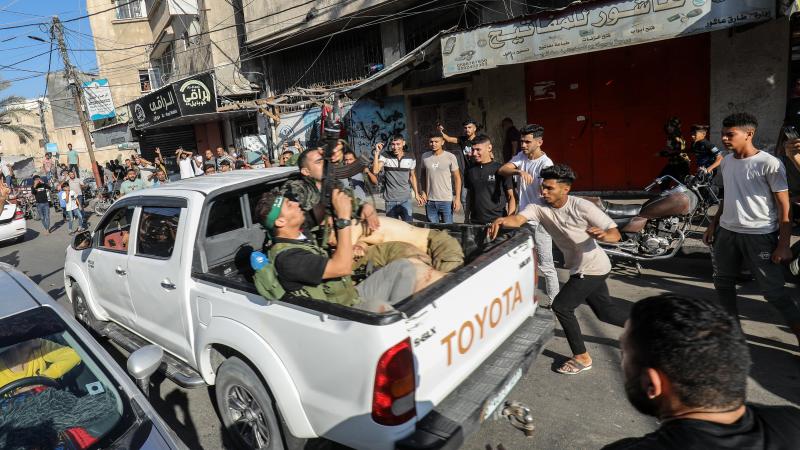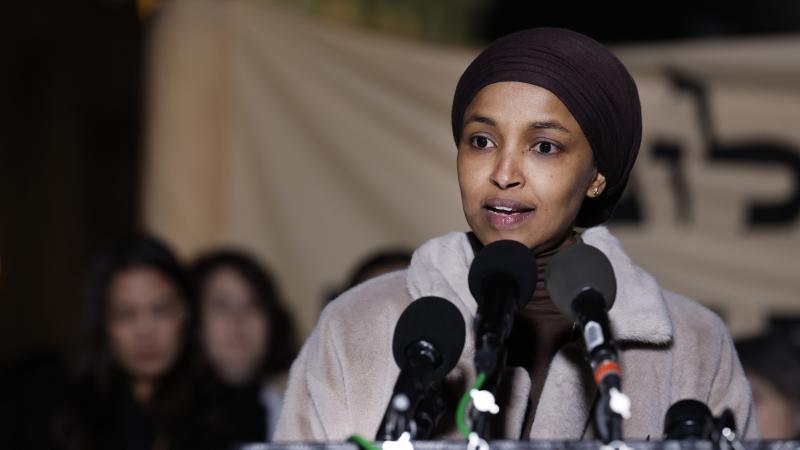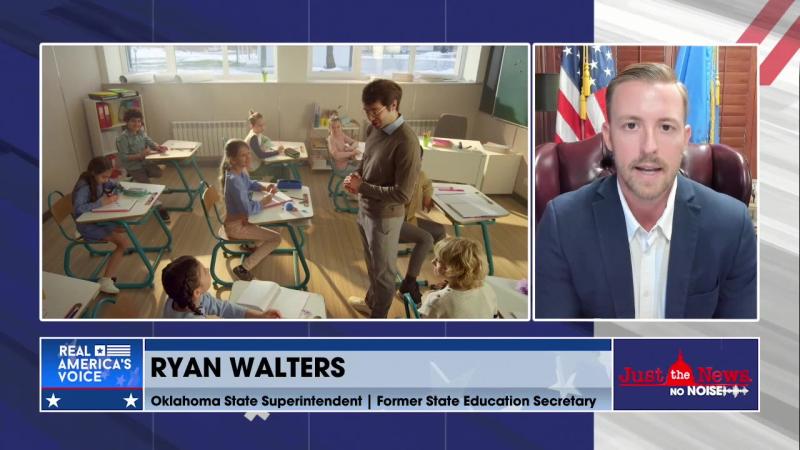Supreme Court appears likely to reject Trump's broad immunity claim, outline narrow protections
The questions indicate the Supreme Court may be seeking a narrower interpretation of presidential immunity.
Arguments wrapped up Thursday before the Supreme Court as it assesses President Donald Trump's broad immunity claims in the face of the federal elections case brought against him by Special Counsel Jack Smith.
A federal indictment returned by a grand jury in Washington, D.C., last August regarding the alleged attempt to overturn the 2020 election results consists of four counts: conspiracy to defraud the United States, conspiracy to obstruct an official proceeding, obstruction of and attempt to obstruct an official proceeding, and conspiracy against rights.
The Supreme Court announced Feb. 28 that it would hear the case, saying it would examine "whether and if so to what extent does a former president enjoy presidential immunity from criminal prosecution for conduct alleged to involve official acts during his tenure in office," according to NBC News. This followed a a federal appeals court's Feb. 6 ruling that Trump was not immune from prosecution, writing that "former President Trump has become citizen Trump, with all of the defenses of any other criminal defendant," and that while executive privilege may have protected him during his presidency, it no longer protected him against prosecution.
The high court appears likely to reject Trump's expansive immunity claim, but in a way that may cause delays in the trial. In the oral arguments, which lasted more than two hours on Thursday, the justices appeared to be seeking a way to define narrow immunities for presidential actions. John Yoo, Emanuel Heller Professor of Law at the University of California at Berkeley, says this would be a "success" for Trump.
"Trump had much more success than many Court watchers expected. Only the three liberal justices seemed to reject the idea of immunity outright. The six conservative justices recognized the need to prevent future Presidents from criminalizing policy and constitutional differences with their predecessors," Yoo said in a statement to Just the News.
"But they may punt the question back to the lower courts by asking them to first determine whether Trump’s actions on January 6 amounted to officials versus private acts, before they decide whether immunity might extend to official acts."
This potential return to the lower courts would likely cause delays to the trial as the court would have to parse official and private acts to decide what could be included in the trial, The Washington Post reported. The timing will be significant as the 2024 general election fast approaches.
Supreme Court Justices Thursday probed arguments by former President Donald Trump's lawyer that he has total immunity from prosecution for official actions taken while in office. But, the question being posed by several Justices is what constitutes and official act and where the dividing line between official and private acts exists.
One of the first questions posed to Trump's counsel, D. John Sauer, came from Justice Clarence Thomas who asked counsel how the high court should weigh what constitutes an "official act."
The questioning from other Justices, both liberal and conservative, suggest the court is leaning towards a narrower interpretation of presidential immunity than Trump's lawyers. For example, Justice Samuel Alito asked Sauer if his "very robust" protections are "necessary."
In response, Sauer argued in a series of hypotheticals that the president has broad immunity for prosecution for official act, no matter how offensive they are to moral sensibilities, including the potential assassination of a political rival, CNN reported.
Regarding the specific indictment against the former president for alleged attempts to overturn the 2020 election results, Justice Amy Coney Barrett asked Sauer whether some of the several allegations were private or official acts. He admitted that Trump's conferences with his lawyers and efforts to enlist private individuals to advance an alternative elector scheme were private acts. Special Counsel Jack Smith has argued that if any of his charges are private acts, the Supreme Court should return the case to the lower courts for trial to begin.

